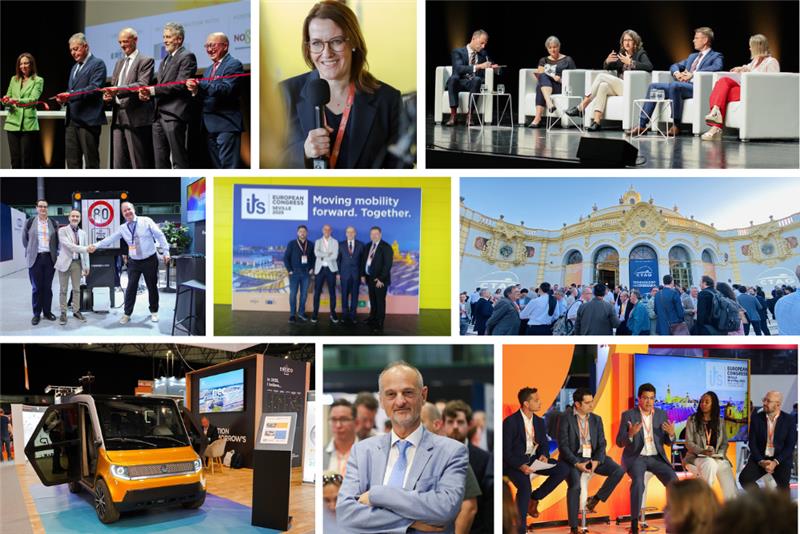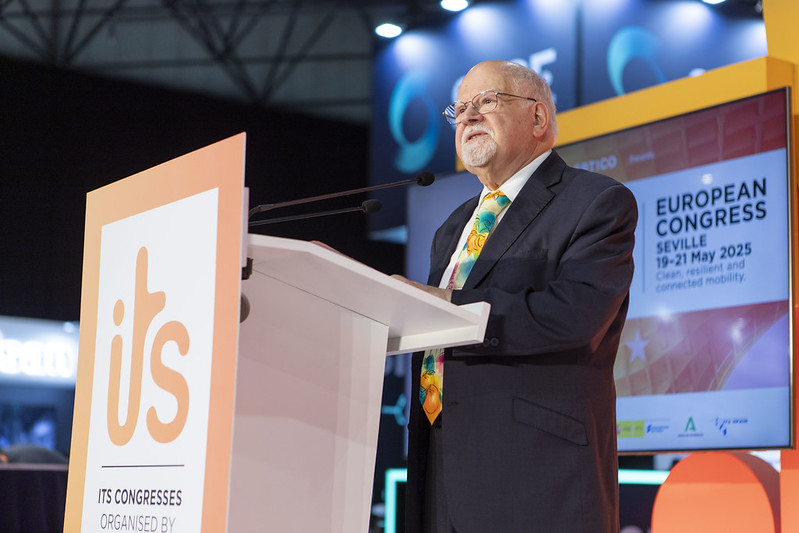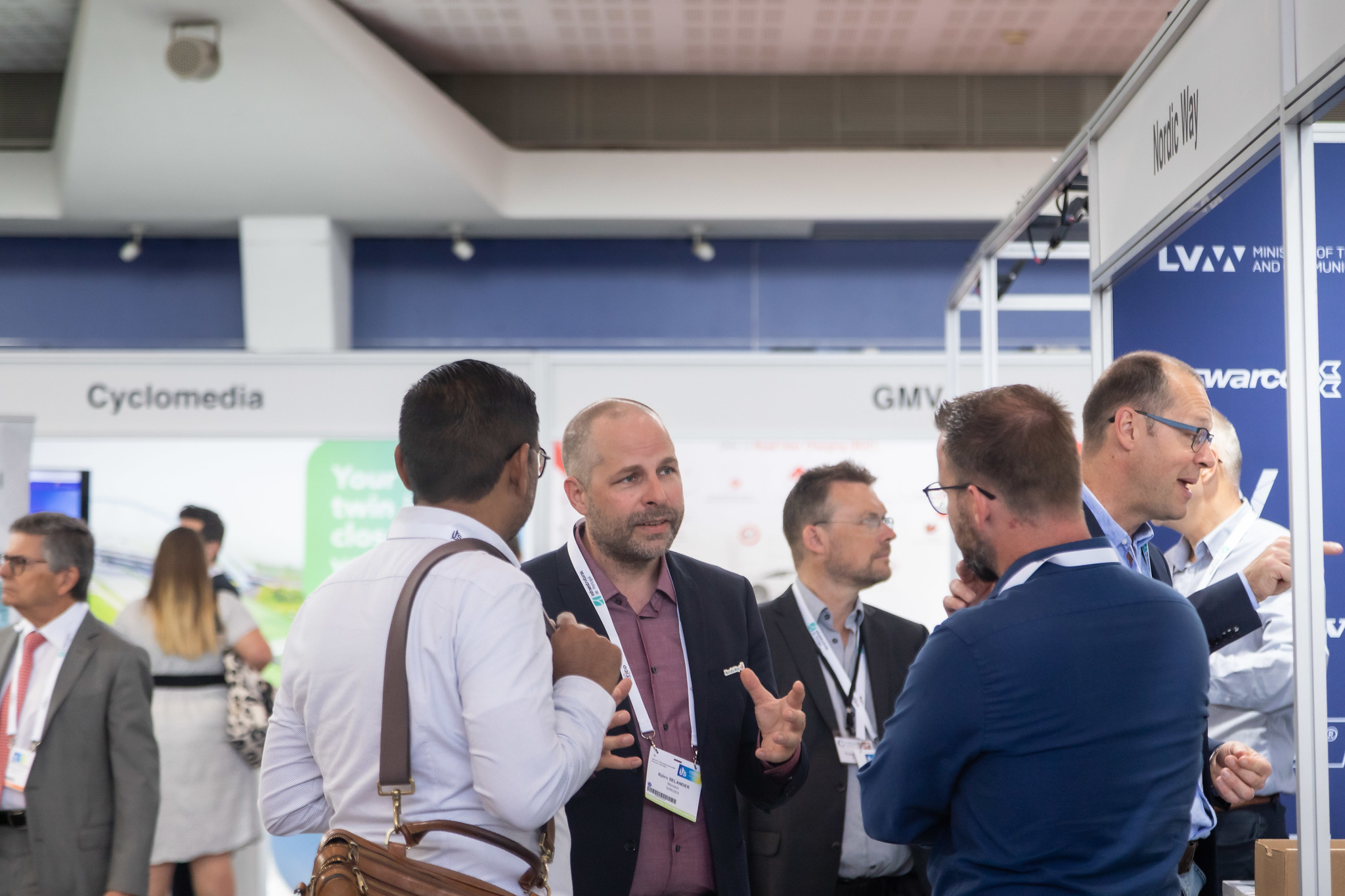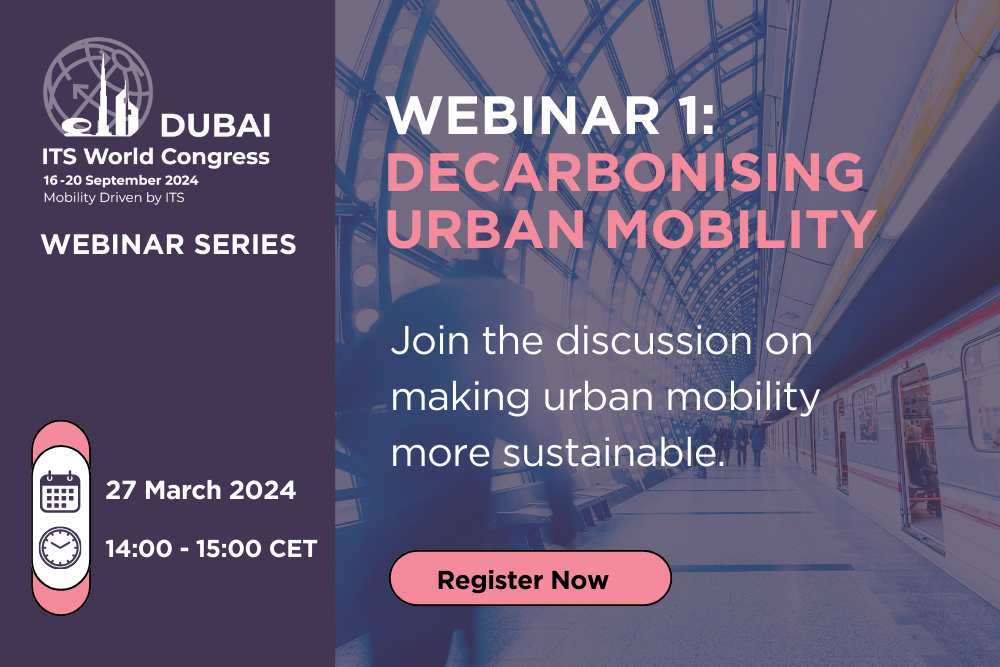How can ITS serve society, ensuring mobility is not just smart and connected, but inclusive, sustainable and equitable? At the ITS European Congress in Seville, this question will be at the heart of one of the key programme topics: The societal aspects of mobility for people and transport of goods.
From tailored sessions and technical papers to real-world demonstrations and a technical visit featuring Seville’s autonomous shuttle service, this topic comes to life across the entire Congress experience. It invites public authorities, industry leaders, researchers, and innovators to explore how ITS can address core societal challenges while enabling innovation.
Societal challenges and ITS opportunities
Successful deployment of ITS hinges on the extent to which the systems and services fulfil user needs and how well users embrace them. Growing urbanisation and the proliferation of freight transport has put a great strain on environmental sustainability. Digitalisation, electrification, and multi-modal integration of transport are playing a major role in creating sustainable mobility solutions.
Some of the primary societal challenges linked to the movement of people and goods include issues of equity, accessibility and inclusivity. ITS can help bridge gaps so that all demographic groups, irrespective of geographic location or physical ability, have fair access to safe and efficient transportation services. Connectivity, automation, infrastructure digitalisation, human-centric design and use of space, and innovations in multimodality and Mobility-as-a-Service (MaaS), for instance, all have the potential to contribute towards this end.
Real-world applications at the Congress
In Seville, Congress participants will engage with presentations and discussions that showcase how cities and stakeholders are using ITS to address these exact challenges. The Congress exhibition and technical sessions will offer insights into initiatives designed to create fairer, more inclusive transport systems, supported by human-centric design, connectivity, and multimodal integration.
The topic is further explored through a technical visit to Seville’s autonomous shuttle, a demonstration of inclusive public transport innovation in practice, bringing to life how smart systems are being designed to work for everyone.
Linking public transport, logistics and workforce transformation
Innovation in public transport supported by technologies such as AI, big data analytics, and the Internet of Things (IoT) is revolutionising public transport systems operations, enhancing efficiency, safety, and user experience. The goal of seamless, integrated mobility appears closer thanks to developments in MaaS, real-time transit information, and smart ticketing.
Chief concerns about the transport of goods relate to responsible and sustainable logistics. Longer and more widely spread supply chains raise the need for optimising freight operations, lowering carbon emissions, and minimising waste. Green delivery alternatives such as electric and hydrogen-powered vehicles, smart logistics hubs, and urban consolidation centres are just some examples of areas where ITS is pioneering sustainable freight innovations.
Public perception and understanding of the new mobility solutions, such as automated driving systems, micro-mobility options, and integrated transport systems, are indispensable for the widespread deployment of ITS. The rapid transition through automation and digitalisation also has consequences for the workforce. Even as the various benefits of ITS are persuasive, public trust in new technologies can be hard to garner without consideration to reskilling the workforce in the transforming industry landscape.
There are other deployment barriers often associated with new technologies, such as regulatory constraints, high implementation costs, and data privacy concerns, that must be overcome. Addressing these issues through policy coordination, investment in infrastructure, and fostering innovation will be critical in ensuring ITS delivers widespread societal benefits.
Explore it all in Seville
Through this topic, the ITS European Congress will spotlight how innovation in ITS can meet the broader goals of social impact, equity, and environmental responsibility. Participants will benefit from exposure to strategies, solutions, and pilots directly tackling societal dimensions of transport, from inclusive design to smart freight.
Explore the programme and join us in Seville to discover, connect, and contribute to a smarter, more inclusive mobility future.
Register now and take advantage of the early bird rates by 18 April!




